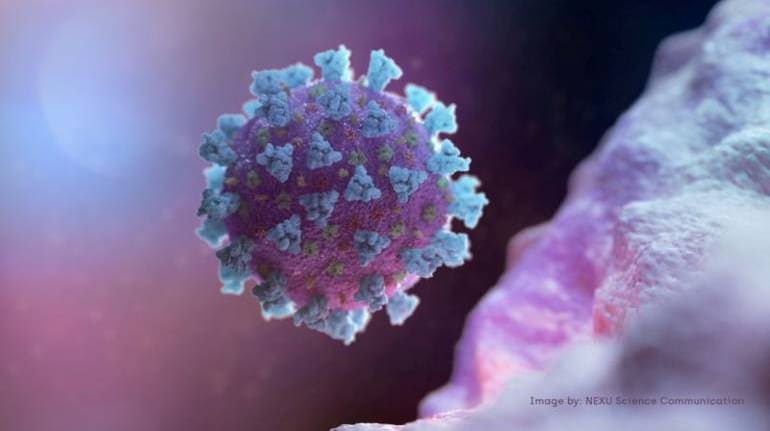- HOME
- INDIAN INDICES
- STOCK ACTION
- All Stats
- Top Gainers
- Top Losers
- Only Buyers
- Only Sellers
- 52 Week High
- 52 Week Low
- Price Shockers
- Volume Shockers
- Most Active Stocks
- OTHERS
- Bonds
- Cryptocurrency
- Tools
- SPECIAL
- Trends
- Latest News
- Opinion
- TECHNOLOGY
- Personal Tech
- Auto
- Fintech
- MEDIA
- Podcast
- Slideshows
- Infographics
- Videos
- EXPLORE
- Home
- Investing
- Insurance
- Banking
- Financial Planning
- Property
- Tools
- Video
- Ask Expert
- Explainer
- Tax Filing
- NPS
- VIDEOS
- Homepage
- Videos on Demand
- Coffee can Investing
- Ideas for Profit
- Commodities@Moneycontrol
- In focus with Udayan Mukherjee
- 3 Point Analysis
- Technical Views
- Reporter`s Take
- Explained
- Political Bazaar
- Editor`s Take
- Millenial Pulse
- Modi Government Report card
My Account










_2020091018165303jzv.jpg)






















